Expert Tooth Extractions for Better Oral Health
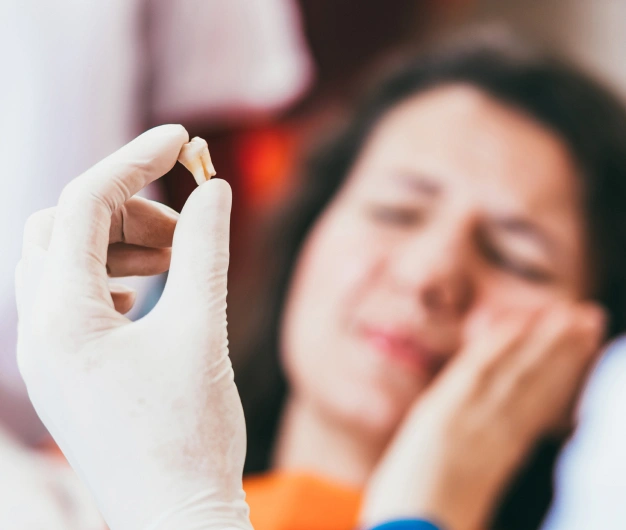
SmileCare Dental of Fitchburg is your home for all your dental needs, including dental extractions.
You may require a tooth extraction for one of a variety of reasons. These can include:
- Dental crowding
- Prevent or stop an infection
- Remove an impacted tooth
- Severe decay
- Severe gum disease
- Dental injury
- Fractured tooth
Our dentists can perform a straightforward tooth extraction, but more complex cases will require an oral surgeon.
What Can I Expect From My Extraction?
Your dentist will perform an exam and take X-rays to assess the situation. We will also gather your medical history, including any medications or supplements you are taking.
During your procedure, local anesthesia will be given to numb the area surrounding the tooth that will be extracted. The tooth will be carefully loosened and removed from its socket. If the tooth is damaged or has broken below the gumline, an incision may need to be made to remove all of the tooth. After extraction, the socket will be cleaned, and stitches will be placed. Gauze will be placed over the extraction site, and you will bite down to apply pressure and slow bleeding. Once the bleeding has slowed, you can remove the gauze.
Understanding the Importance of Tooth Extraction
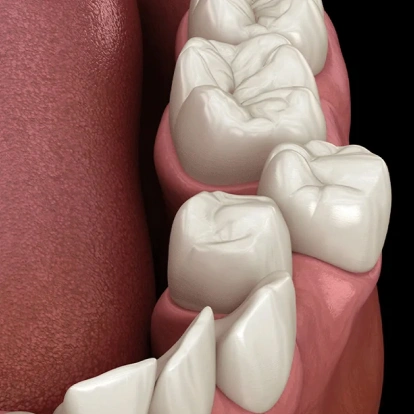
Dental Crowding
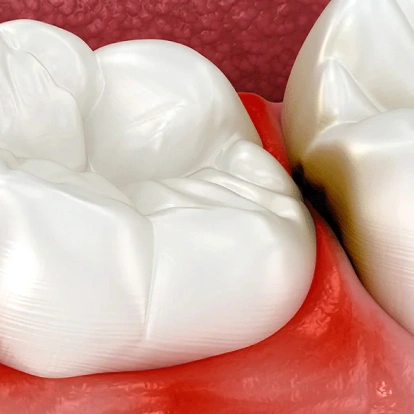
Prevent or Stop an Infection
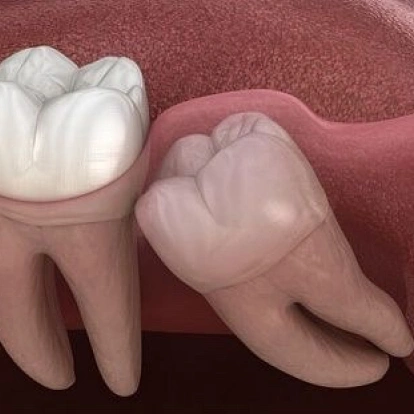
Remove an Impacted Tooth
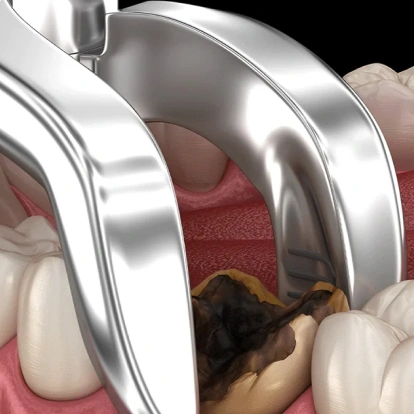
Severe Decay
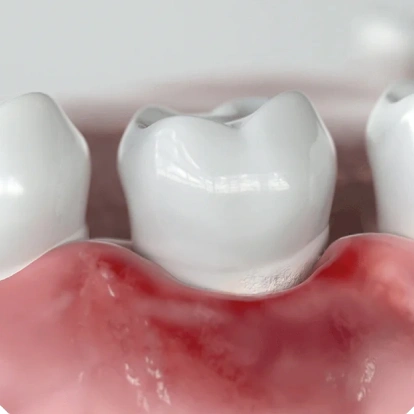
Severe Gum Disease
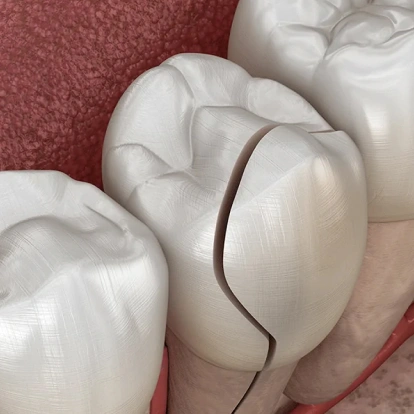
Fractured Tooth
What Should I Do After My Procedure?
- Ensure the extraction site stays clean. Use an antibacterial mouthwash and avoid brushing directly at the extraction site until given the ok.
- Take all medications, including pain relievers and antibiotics. Antibiotics will ensure an infection doesn’t develop so be sure to take the entire course of medication.
- Avoid exercise or strenuous activity for the first couple of days. This will help prevent pain, swelling, and bleeding.
- Avoid hard, crunchy, or chewy foods for the first few days.